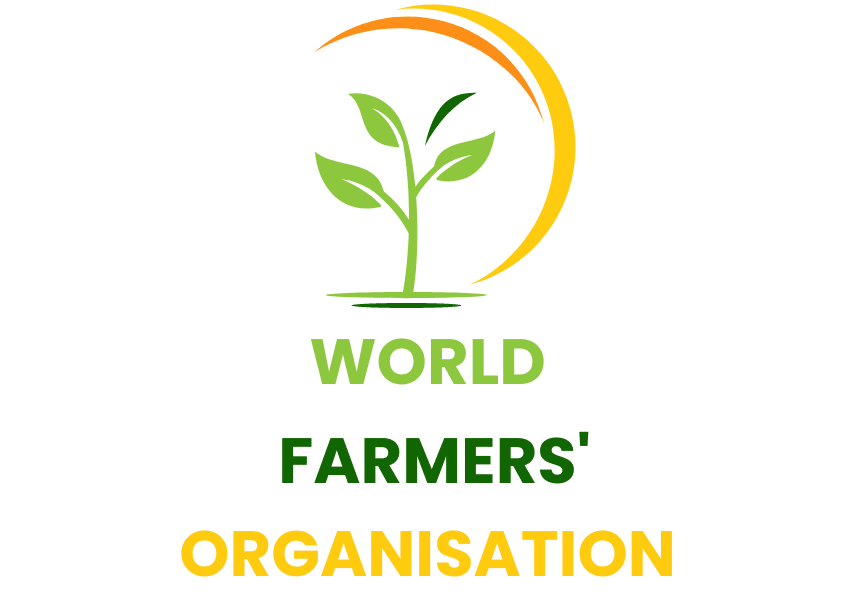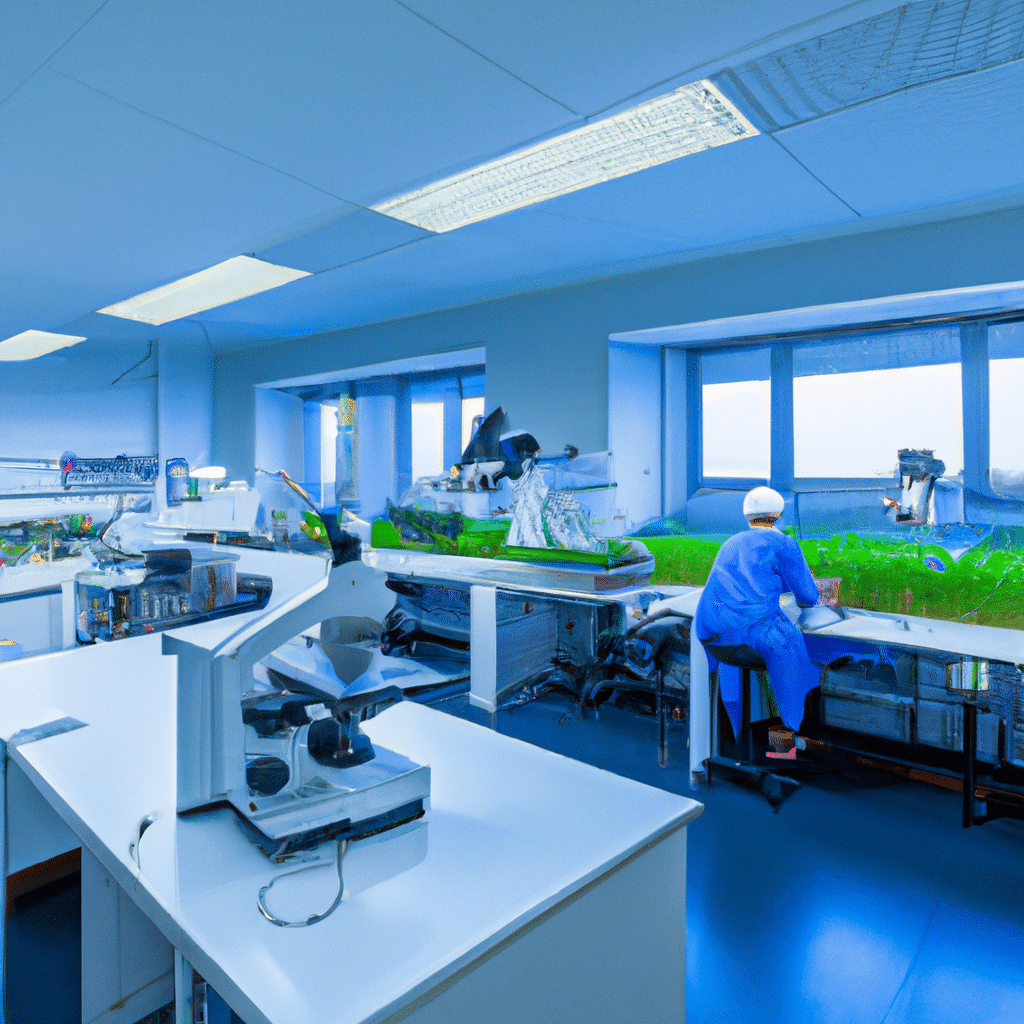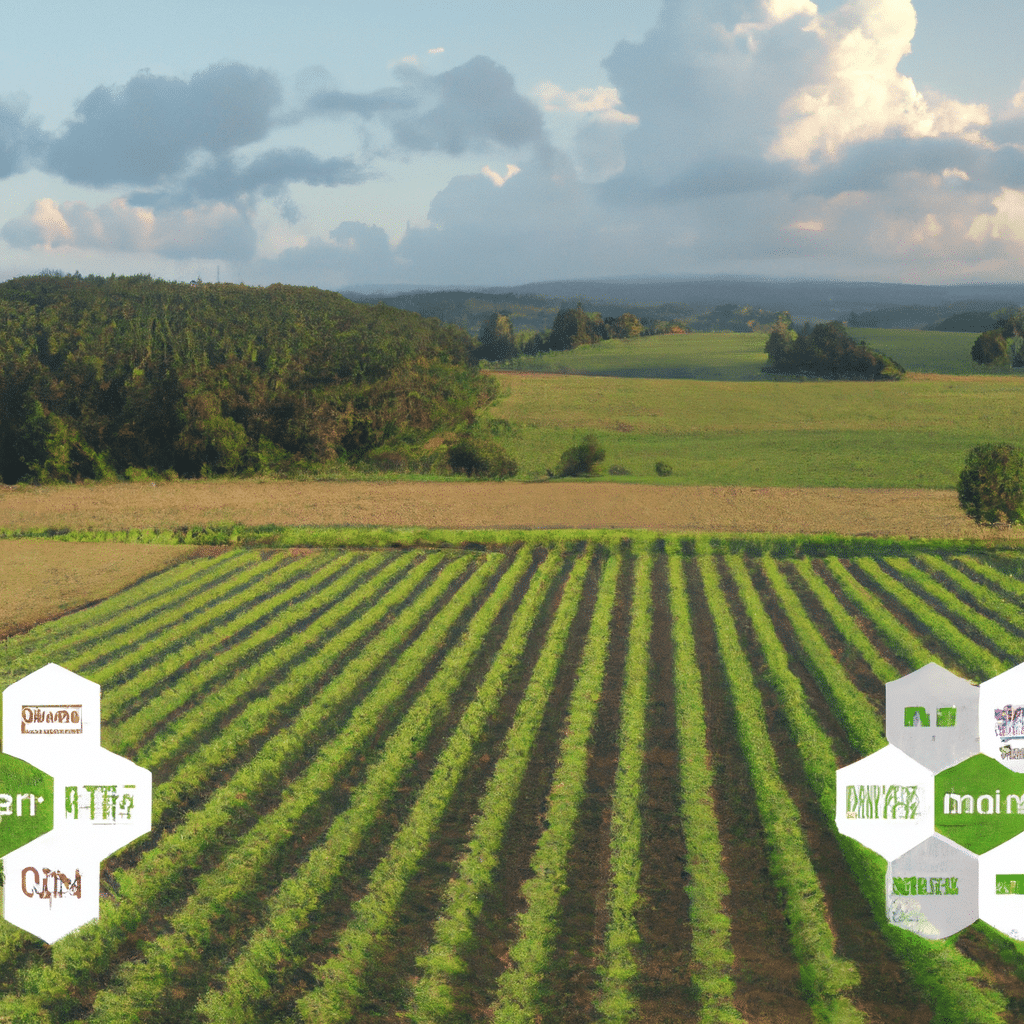In today’s rapidly evolving world, ensuring the safety and quality of our food supply has become a paramount concern. From farm to fork, various stakeholders work tirelessly to uphold stringent standards that guarantee the well-being of consumers. Advocacy efforts play a crucial role in this process, striving to create awareness, influence policies, and drive positive change. In this article, we will explore how these advocacy initiatives are shaping the landscape of food safety and ensuring a healthier future for all.
The Importance of Food Safety Advocacy
Food safety advocacy serves as a catalyst for change, working to address gaps in existing systems and promote a culture of accountability across the entire food supply chain. By raising awareness about potential risks and highlighting best practices, advocacy organizations play a pivotal role in preventing foodborne illnesses, reducing contamination incidents, and improving overall food safety standards.
Understanding the Current Landscape
Before delving deeper into the advocacy efforts, it’s essential to understand the current state of food safety. Despite significant advancements and regulatory frameworks, foodborne illnesses still pose a significant threat to public health. Outbreaks of diseases like salmonella, E. coli, and listeria continue to occur, resulting in severe health consequences and even fatalities. This underscores the need for continuous improvement and the vital role that advocacy plays in driving change.
Advocacy Initiatives at the Farm Level
Food safety begins at the farm, where growers and producers employ various practices to minimize risks and ensure the quality of their products. Advocacy efforts at this level focus on educating farmers about proper handling, storage, and use of pesticides, fertilizers, and other inputs. By promoting sustainable agriculture practices, advocating for safe irrigation systems, and encouraging the use of integrated pest management techniques, these initiatives aim to reduce the use of harmful chemicals and minimize environmental contamination.
The Role of Certification and Labeling Programs
Certification and labeling programs play a crucial role in ensuring the safety of food products. Advocacy groups actively promote these programs to enable consumers to make informed choices about the food they purchase. By advocating for clear and transparent labeling practices, these initiatives empower individuals to identify products that meet specific safety and quality standards. This drives market demand for safer food and encourages producers to adhere to rigorous guidelines.
Advocacy in Food Processing and Distribution
The journey from the farm to the consumer involves various steps, including food processing, packaging, and distribution. Advocacy efforts in this domain focus on promoting good manufacturing practices, ensuring proper handling and storage, and reducing contamination risks. By advocating for regular inspections, adherence to hygiene standards, and the implementation of traceability systems, these initiatives help safeguard the integrity of the food supply chain and protect consumers from potential hazards.
Collaborating with Regulatory Bodies
Advocacy organizations work closely with regulatory bodies and government agencies to shape policies and regulations that promote food safety. By providing evidence-based research, sharing industry expertise, and engaging in constructive dialogue, these initiatives contribute to the development of robust regulatory frameworks. Through their advocacy work, they strive to ensure that regulations align with the latest scientific knowledge and address emerging challenges effectively.
Empowering Consumers through Education
Empowering consumers with knowledge plays a vital role in promoting food safety. Advocacy organizations design educational programs and campaigns to raise awareness about proper food handling, storage, and preparation. By disseminating information through various channels, such as websites, social media, and workshops, these initiatives equip individuals with the necessary skills to make informed decisions and reduce the risk of foodborne illnesses within their households.
Conclusion
Advocacy efforts in the realm of food safety are instrumental in shaping a future where everyone can enjoy safer food. By working tirelessly to raise awareness, influence policies, and drive positive change, these initiatives contribute to a robust and secure food supply chain. From farm to fork, the collective efforts of advocacy organizations, regulatory bodies, and consumers themselves are paving the way for a healthier and more sustainable food system. Let us embrace these advocacy efforts and support their mission to ensure the safety and well-being of all.















